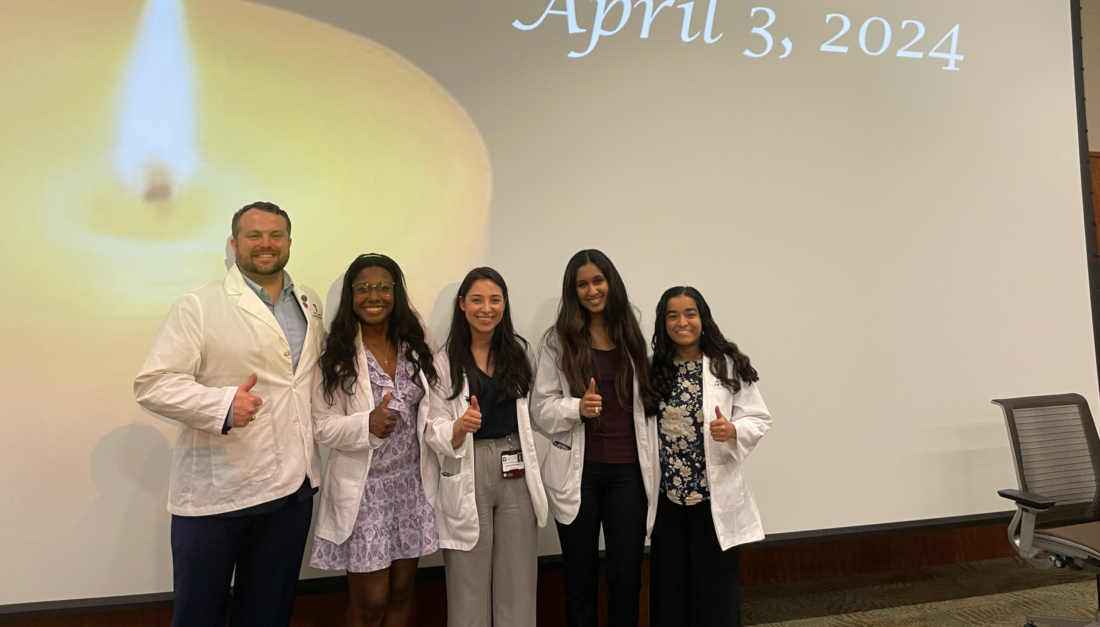Advance care planning: A new normal in health care?

Medicare – the country’s largest health insurer with 50 million beneficiaries, most over the age of 65 –will now reimburse physicians for conversations with patients about end-of-life treatment options. The final rule is expected to take effect in January.
This new rule will pay physicians and other qualified health care professionals to discuss end-of-life wishes with Medicare patients, their relatives and/or caregivers, ultimately allowing patients a say in the type of care they receive in the event of a life-threatening illness.
Officials said under the new rule Medicare would pay $86 for the first 30 minutes of advance care planning in a doctor’s office and $80 for the service during a hospital visit. Medicare will pay up to $75 for an additional 30 minutes of consultation in each setting. These standard amounts may vary across the country to offset differences in costs.
“The Centers for Medicare and Medicaid plan is an important development for advance care planning,” said Craig Borchardt, PhD, assistant professor in the department of humanities in medicine and president and CEO of Hospice Brazos Valley. “I’m confident that such discussions will contribute to care that reflects patient wishes and enhances quality of life.”
The policy builds on recommendations made by the American Medical Association to create billing codes under Medicare that physicians can use to charge for such counseling sessions. Patients would get advice on a range of care options – deciding, for example, whether they want to die at home or in the hospital, or under what circumstances they would want life-sustaining treatment.
Worth noting, the new rule would prompt more physicians to engage patients in discussions about their preferences much earlier in the disease process, before an illness progresses to a terminal diagnosis.
“The patient should be in charge of what the patient wants in terms of quality of life and treatment,” Borchardt said. “To get everyone on the same page about these wishes, it’s important to begin the decision-making and communication process early on – sometimes even before a diagnosis, if possible.”
The proposal would also assist in addressing health care costs that tend to skyrocket when addressing chronic illness and end-of-life care.
“Statistics show some 28 percent of Medicare dollars – about $170 billion annually – are spent during a patient’s last six months of life, often on futile treatments that lead to suffering,” Borchardt said.
“This is a big step forward, monetarily, but it’s not enough to pay providers for utilizing these services, we must ensure physicians are well-trained to engage in these tough conversations with their patients.”
That’s why many medical schools, including the Texas A&M College of Medicine, are including palliative and hospice care within their curriculum. While the field has grown in recent years, most health care facilities lack access to specialists trained to navigate such illnesses.
Ultimately, Borchardt says that the new plan will make it easier for physicians and family members to make important decisions for those nearing their final days.
“Care and treatment wishes will be outlined long before a patient approaches end of life, so hopefully there will be no confusion as the end nears.”
Media contact: media@tamu.edu


